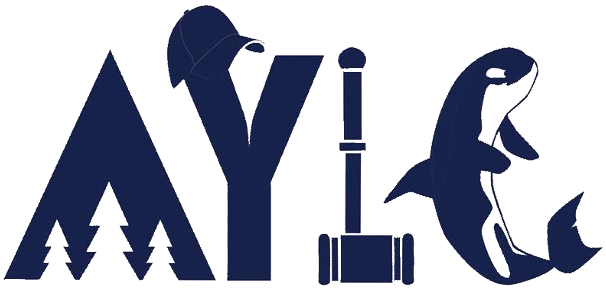Drug Information
Drug Information

Is it against the law in Alaska to have drugs?
Generally speaking, it is against the law to distribute drugs (to give or sell drugs to others) in Alaska unless you are a medical provider or licensed to dispense drugs. It is against the law to possess drugs unless you are authorized to distribute them, or have a prescription for any drug that you have. You can be charged with misconduct involving a controlled substance if you possess certain drugs. For example, oxycodone is only legal when a person has a legal prescription. Some drugs, such as methamphetamine, heroin, and cocaine, are against the law for anyone to possess.
Where can I find the list of drugs that are illegal to possess or distribute?
Illegal drugs, called controlled substances, are divided into categories according to how dangerous they are. You can find the list of controlled substances in Alaska Statutes at AS 11.71.140 – AS 11.71.190. Schedule IA lists the most dangerous drugs; Schedule VIA (which lists marijuana) lists the least dangerous.
Can I give someone a pill from my prescription if that person needs help with medical symptoms like mine?
If your prescription is a controlled substance, it is a crime to share even a single dose of it with someone else.
What if someone sells a drug that turns out to be a fake? Is it illegal to sell it? To possess it?
It is illegal to make, deliver, or possess an imitation controlled substance. To do so is a Class C felony.
How serious is a drug offense?
In Alaska, drug offenses range from simple violations to the most serious level offense, punishable by up to 99 years in jail. Any drug crime will probably have serious consequences. Under Alaska law, some drug offenses carry a sentence of five years in jail for a first offense. The more dangerous the drug and the greater the amount a person has, the more severe the penalties will be. If the person intends to sell drugs to others, the penalties will be more severe than if the drug is for a person’s own use. The penalties are more severe for selling or giving drugs to a person under age 18, or for dealing drugs near a school. Possession of some types of drugs such as heroin or methamphetamine for purposes of distribution is punishable by up to 99 years in jail.
If I am charged with a drug offense in state court, can I also be charged in federal court?
If you commit a drug offense in Alaska, you have probably violated both state and federal law. Both federal and state law make use, possession, and trafficking in drugs illegal. You can be convicted under both federal and state law, and get two separate punishments, which could be added together. The penalties under federal law can be much more severe than for a drug offense under state law.
Usually, however, the federal and state prosecutors will talk to each other about a bust and decide which office will handle the case. Most often the federal authorities will take the more serious cases.



